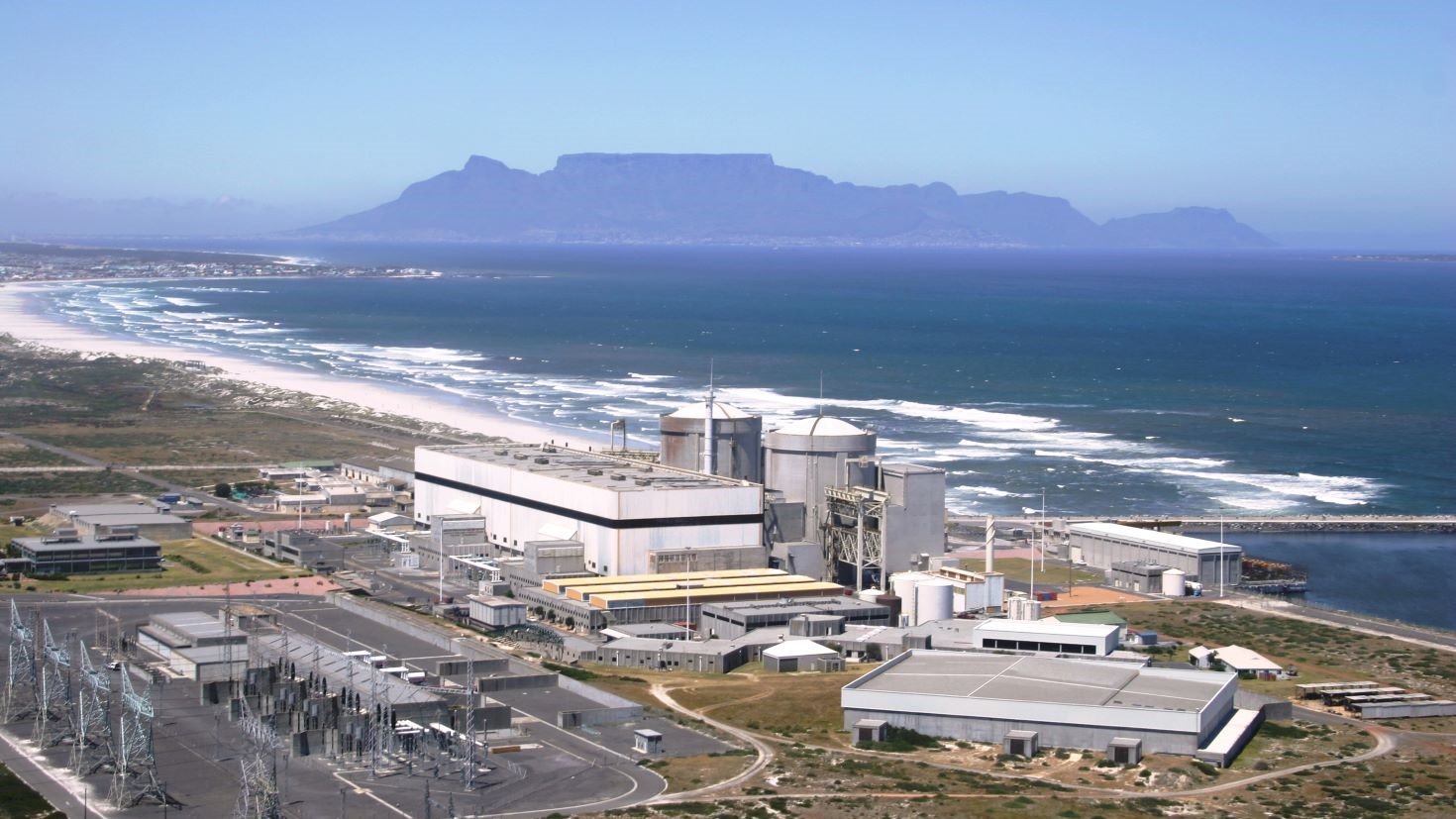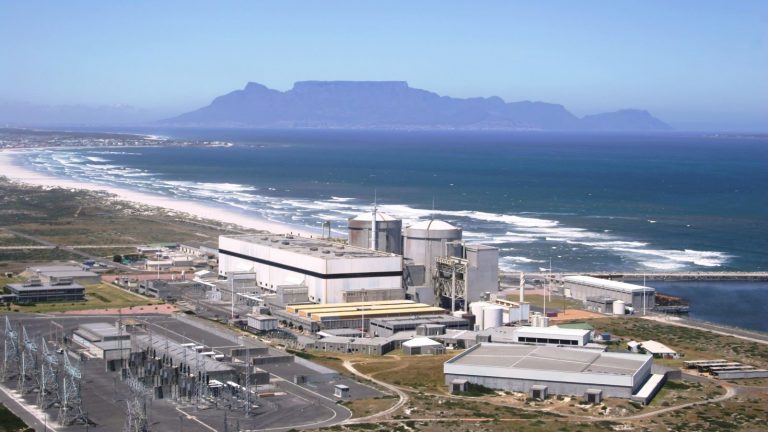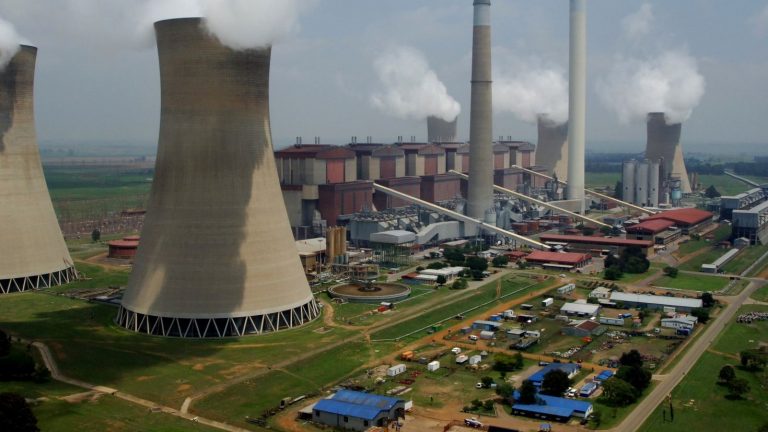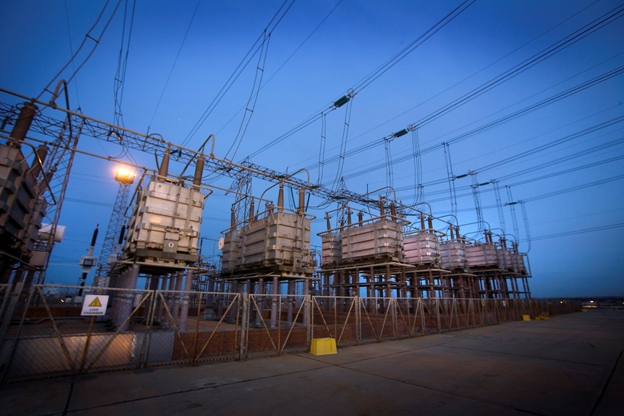Koeberg Unit 2 successfully restored to service following unplanned outage, delivering 930MW of reliable baseload power to South Africa
Monday, 10 March 2025: Eskom is pleased to announce that on Sunday, 9 March, at 18:17, Koeberg Unit 2 was successfully brought back to service. The unit has been incrementally ramped up to 646MW and will continue to increase its output until it reaches its full capacity of 930MW, in accordance with established operational protocols. This follows an unplanned outage due to a steam leak on the reheat system. The issue was resolved using Eskom’s robust nuclear safety protocols, ensuring the unit’s return to operation without compromising safety standards.
For more than four decades, Koeberg Nuclear Power Station has upheld an outstanding safety record, adhering to global best practices and stringent regulatory requirements. Eskom remains fully committed to nuclear safety, with all operational procedures designed to maintain the highest standards of excellence.
“Koeberg is a key contributor as part of Eskom’s energy generation mix and stabilising electricity supply in South Africa by providing reliable baseload power. It helps increase the energy security of the country and provide critical megawatts to close our national energy supply gap, and it will continue to play a key role as Eskom moves aggressively into delivering a cleaner energy portfolio,” said Bheki Nxumalo, Eskom Group Executive for Generation
Life extension project to maximise efficiencies and investments made in assets
The safe design, operation, maintenance, and improvement of Koeberg over the past 40 years, paved the way for the National Nuclear Regulator (NNR) to grant Eskom a licence on Monday, 15 July 2024 for the continued operation of Koeberg Nuclear Power Station Unit 1 until 21 July 2044. As a result, Koeberg Unit 1 is expected to contribute over 930MW to the grid for another 20 years.
With the licence extension, Koeberg joins approximately 120 reactors worldwide that have safely extended operations beyond their initial 40-year lifespan.
Given that Unit 2 is in a similar condition as Unit 1, a request to extend its operations for another 20 years was made to the NNR and Eskom awaits the regulator’s decision before its current licence expires on 9 November 2025 and will collaborate with the NNR to reach a decision. The recent Long-Term Operation (LTO) programme for Unit 2 included the replacement of three steam generators, extensive inspections, and refuelling activities, ensuring continued safe and efficient performance. These improvements align with Eskom’s broader strategy to secure the long-term viability of Koeberg’s reactors, which are vital to South Africa’s energy security.
Meanwhile, Unit 1 is currently undergoing scheduled maintenance, including fuel refuelling and statutory tests as part of the life extension process. These procedures are essential in ensuring the long-term reliability and safety of the unit.
Extending Koeberg’s operational lifespan is a key initiative in strengthening South Africa’s energy security. As a source of reliable, clean, and cost-effective baseload power, Koeberg plays a crucial role in diversifying the country’s energy mix and reducing reliance on fossil fuels.
The rapid and professional response to the Unit 2 outage highlights Eskom’s extensive expertise in nuclear operations and unwavering focus on safety. Eskom remains dedicated to upholding the highest industry standards, ensuring the plant continues to operate safely, efficiently and reliably.
As South Africa moves towards a greener economy, Koeberg remains central to the country’s energy strategy. Eskom is committed to maximizing the potential of nuclear power to provide a cleaner, more secure, and cost-effective energy supply for future generations.
ENDS







